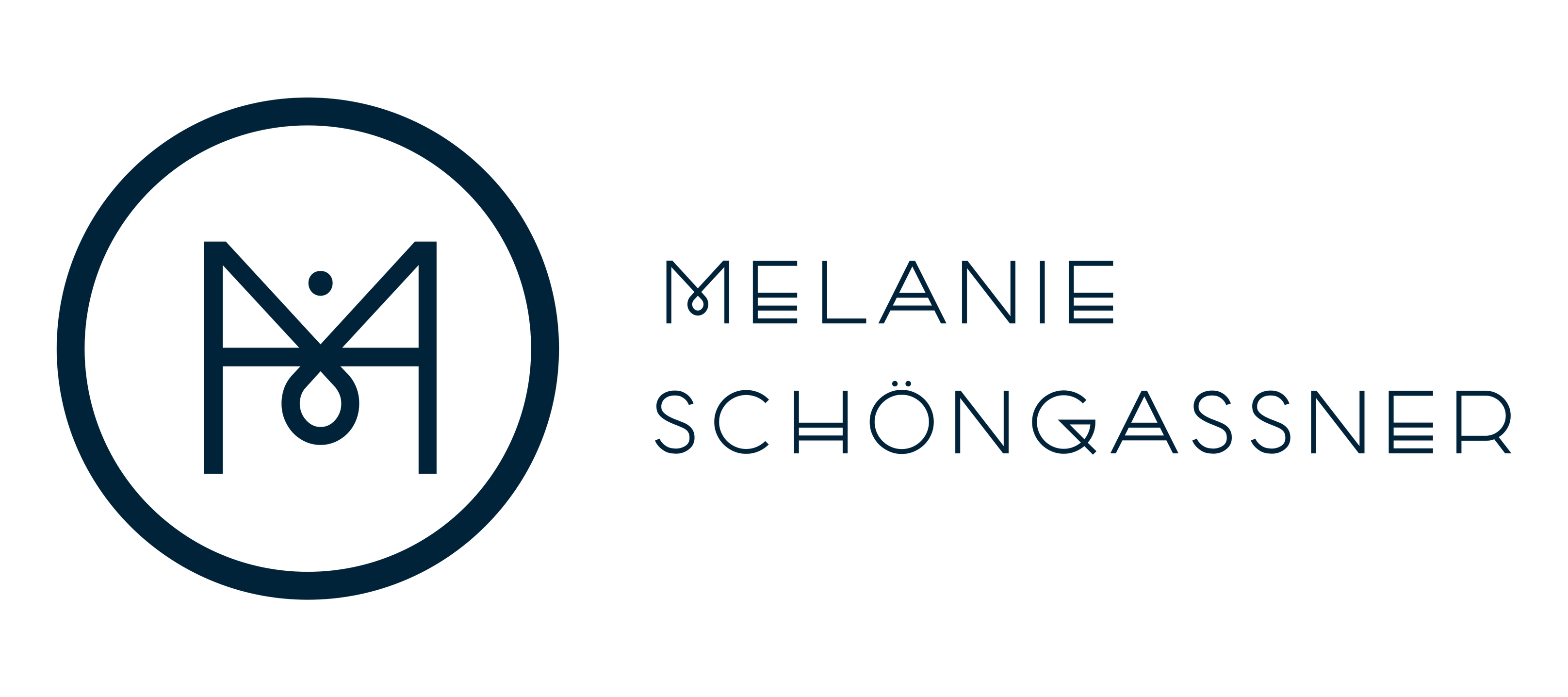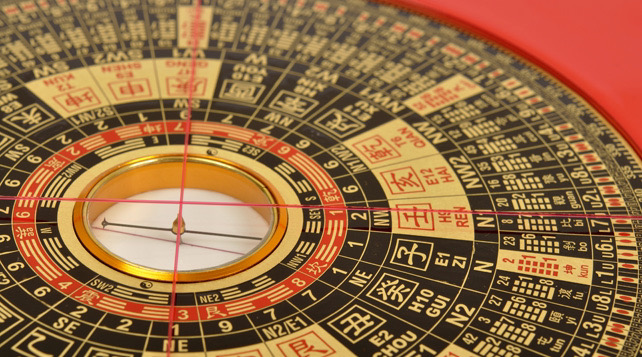
风水 Feng Shui your Life: Let the Qi flow!
The teachings of Wind & Water
Speaking about the Magic of Spring Cleanse, I thought it´s time to talk more about the ancient technique of Feng Shui, the Chinese tradition of Wind & Water, which aims to create a harmonious atmosphere in your home. Feng Shui is all about energy: harnessing the benevolent energy of your surrounding and minimizing negative impacts. This energy or life force called Qi has to flow freely in order to create a positive impact on your life. Follow this guide and let the Qi flow.
Feng Shui is more than just furnishing your living area!
Each of us has certainly already experienced a feeling of ease and harmony in some places, something which can´t be named – it is when you immediately feel comfortable in a house, whereas in other areas you simply do not “get warm” no matter how long you stay there.
Every living space contains its own energy, its own Qi. This life force flows through all areas and is part of everything we consume. An empty, uninhabited apartment has no energy per se. Only when the residents are settling in does the Qi collect. We carry the Qi with us on entering the space and distribute it to the rooms with our movement. Large windows and doors are also entering points for Qi. Pointed corners and edges block the Qi or direct it in different directions.
Feng Shui does not only ensure that the furnishing is consistent, that colors, furniture, and arrangements match as some may believe, but that the Qi is directed calmly and harmoniously from one room to the other in order to give the residents strength and energy.
Where does Feng Shui come from?
Feng Shui was established by the Chinese over 3500 years ago. They were studying the metaphysical forces of the universe and the impacts of the environment to their living space.
Their observations showed that strong winds, as well as the existence of water in their surrounding, influenced the Qi of their living space. These studies helped them to identify benevolent land structures and find places with a good Qi flow to build their houses. The name of the teachings was determined by the strongest forces: Wind (Feng) & Water (Shui).
Originally Feng Shui was invented to find the best resting place for the ancestors. This Yin Feng Shui was used to calculate the direction of tombs as only if the deceased rest in peace the living can live on in harmony, so their thinking.
What exactly is Feng Shui?
The media inveigles us to believe that there is only one Feng Shui, which can easily be established. This “General Feng Shui” has made it into our everyday life, we find instructions in magazines, books, or on Feng Shui websites. They include general instructions such as the center of the room should remain free, avoid sharp corners or edges or set up the desk in the direction of the wealth corner in the northeast. It is clear, that for “good vibes in your home” you have to keep it neat and clean. The less clutter, the better. Avoid messy corners and sharp edges, which point to your beloved sitting places (the dining table, the sofa, or even the bed). But these are very general information, sometimes incorrect, and degrade Feng Shui to a simple tool for placing furniture.
But Feng Shui can do more. Applied correctly, Feng Shui can support all areas of your life: your career (wealth), health, family (wish to have children), and general well-being in the best possible way. Over the centuries different schools of Feng Shui have been established and work for hand in hand.
The Form School looks at the environmental structures, the San He school uses a complex Feng Shui compass, called Luo Pan, to define beneficial areas in the house for every resident. It also includes timely qualities for your place. In addition, there is Chinese Astrology, as well as geomantic measures, radiesthesia, space clearing, or body healing.
Which Feng Shui do we use today?
Nowadays, Western Feng Shui practitioners use a mix of these schools to come up with a detailed Feng Shui analysis. The Feng Shui consultant does not only look inside your home but also at the landscape around your house. Can the Qi easily enter your space or is it blocked or accumulated? Sharp corners or fast-flowing rivers (or streets) close to your entrance accelerate the Qi so that the energy cannot calmly enter your space. This can lead to a feeling of restlessness or constant changes in your personal life.
Another component of a Feng Shui analysis is to calculate the personal Kua number, which is based on your birth date and sex and used to determine your favorable directions.
The mission of the Feng Shui Consultant is not only to determine the influences on your space but also to install cures and place the most important furniture in the right direction for your well-being. According to the ancient teachings, the order to regard is the main door, bed, stove, and desk. Furniture will be placed to support your goals (is your focus on your health or on your wealth?) and let the Qi flow freely.
Summary:
- The Base for Feng Shui is the Life Force Qi, also described as breath, which flows through everything and has to circulate freely
- Feng Shui is not about arranging the furniture, but about detailed calculation of the beneficial directions of each resident to place the bed, the desk, or the kitchen stove.
- Applied correctly, Feng Shui can strengthen your health, lead to a longer life, give harmony to your family, support your career and wealth and help you with sunshine friends
If you want to know, why a house nearly destroyed my marriage and how I applied Feng Shui in our regular moves, check out my next article.
“He who lives in harmony with himself lives in harmony with the universe.”
Das könnte dich auch interessieren

If it’s time to refill your cup & Meditate
30. Juni 2021
Nadi Shodana – Take a Deep Breath in and Shine
27. November 2020



